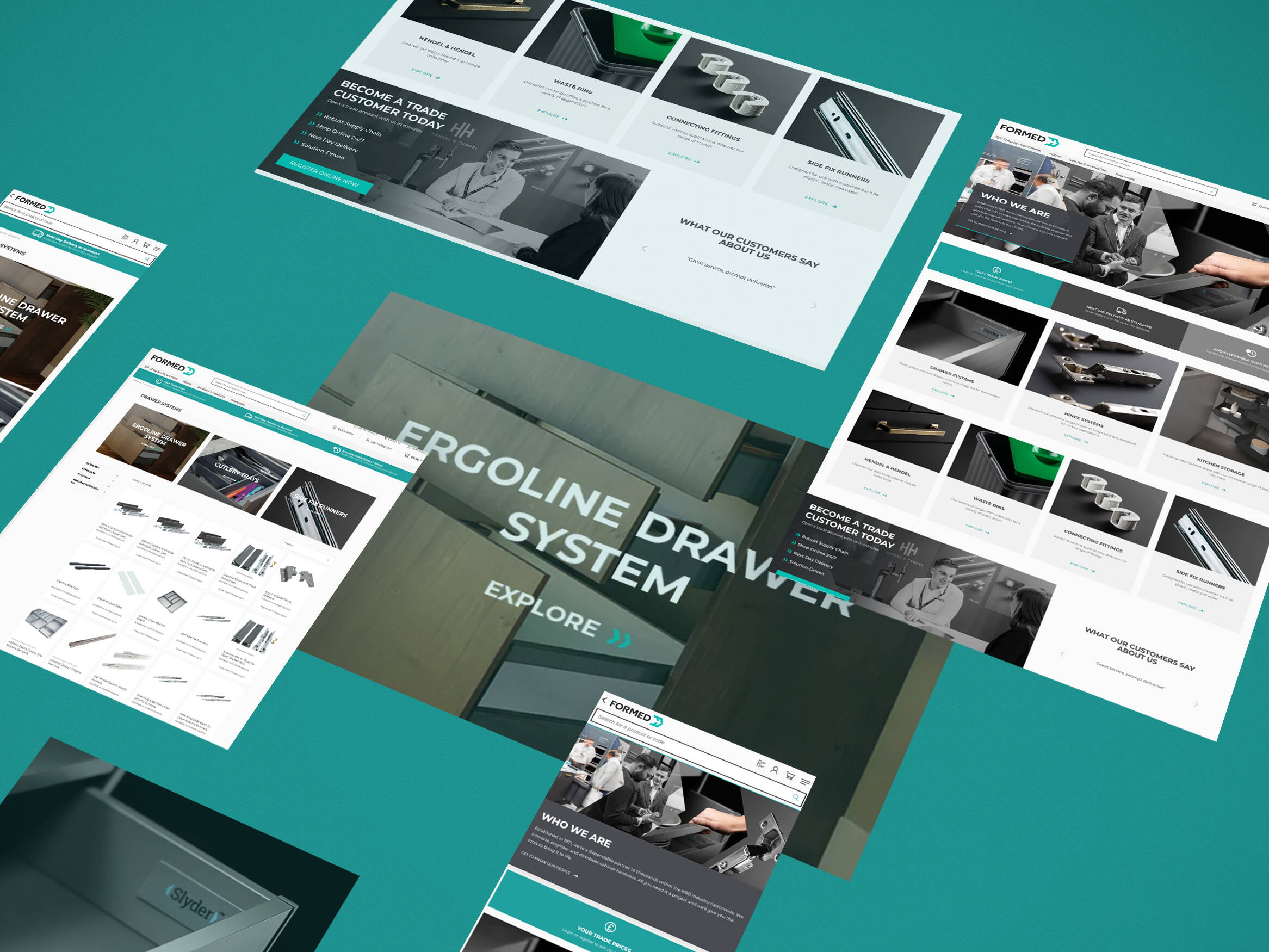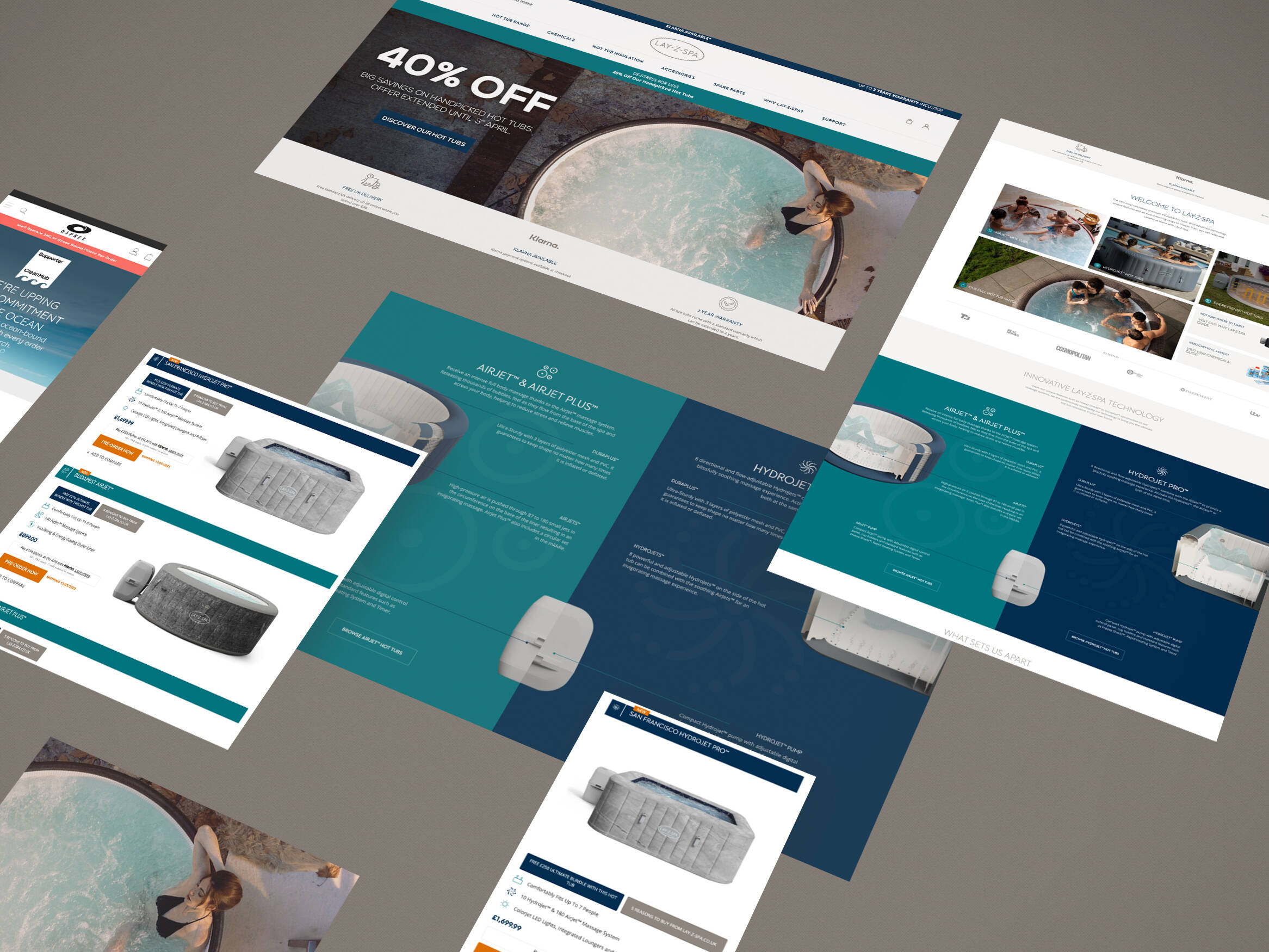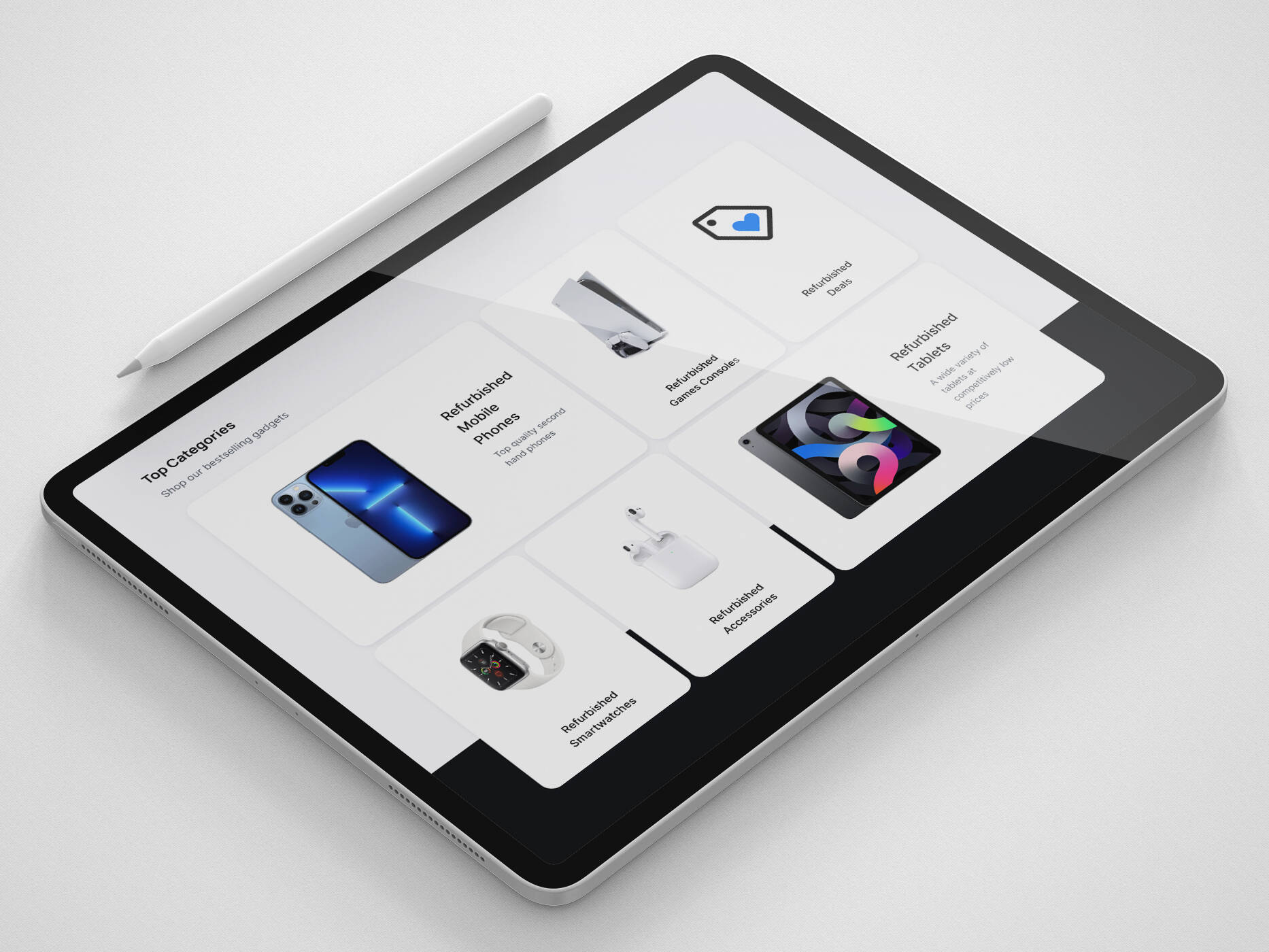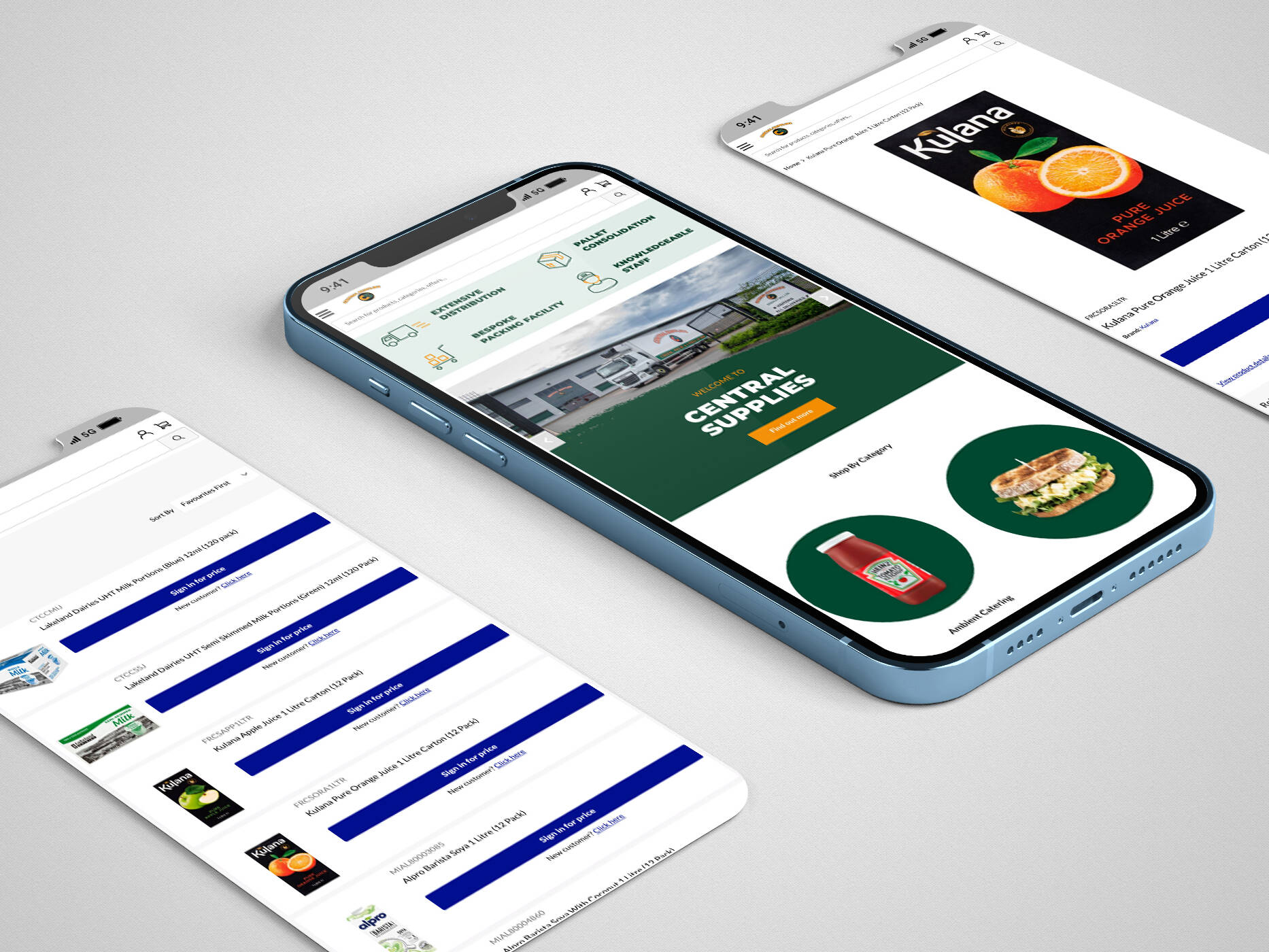Direct-to-Consumer (D2C) brands have revolutionised traditional retail models by capitalising on digital channels to establish direct connections with consumers. In this article, we delve into the strategies for successful D2C expansion, uncovering key tactics to unlock growth and maximise opportunities in the evolving retail landscape.
Understanding the D2C landscape
D2C refers to a business model where brands sell their products directly to consumers without intermediaries such as wholesalers or retailers. In modern retail, D2C holds immense significance, offering brands unprecedented control over their distribution channels and customer relationships. The rise of D2C brands has disrupted traditional retail models by challenging established players and reshaping consumer expectations.
By bypassing intermediaries, D2C brands can establish direct relationships with consumers, gaining valuable insights into their preferences, behaviours, and purchase patterns. This direct connection allows brands to deliver personalised experiences, tailor products to specific needs, and foster brand loyalty more effectively.

Leveraging digital channels
Digital channels play a pivotal role in the expansion of D2C brands, providing a platform for reaching and engaging with consumers on a global scale. E-commerce platforms, social media platforms, and mobile apps serve as primary channels for D2C expansion, offering opportunities for seamless online transactions and interactive brand experiences.
Content marketing, search engine optimisation (SEO), and paid advertising are essential components of D2C expansion strategies, driving online visibility and attracting customers to D2C brands’ digital storefronts. Successful D2C brands leverage these digital channels to create compelling content, engage with their target audience, and ultimately drive conversions.
Building a strong brand identity
A strong brand identity is essential for D2C brands to stand out in a crowded marketplace and resonate with consumers. Brand storytelling plays a crucial role in conveying the brand’s values, mission, and unique selling proposition (USP) to consumers. By crafting a compelling brand narrative, D2C brands can forge emotional connections with their audience and differentiate themselves from competitors.
Consistency is key to building a strong brand identity across all touch-points, including website design, packaging, and customer communications. D2C brands must ensure that their brand messaging and visual identity remain cohesive and aligned with their overarching brand story to build trust and loyalty with customers.
Personalising the customer experience
Personalisation is paramount in D2C marketing, allowing brands to deliver tailored experiences that resonate with individual consumers. By collecting and analysing customer data, D2C brands can gain insights into their preferences, purchase history, and behaviour, enabling them to create personalised marketing campaigns and product recommendations.
D2C brands leverage personalisation techniques to deliver relevant content, recommendations, and offers to consumers, increasing engagement and driving conversions. By catering to the unique needs and preferences of each customer, D2C brands can enhance the overall customer experience and foster long-term relationships with their audience.
Optimising supply chain and logistics
Efficient supply chain management is essential for D2C brands to meet customer demand and fulfil orders promptly. Streamlining inventory management, order fulfilment, and shipping processes is critical to ensuring a seamless customer experience and minimising operational costs.
D2C brands leverage technology, automation, and data analytics to optimise supply chain operations, improve inventory visibility, and reduce lead times. By adopting innovative solutions and strategic partnerships, D2C brands can enhance their agility and responsiveness to changing market dynamics, ensuring timely delivery and customer satisfaction.
Embracing innovation and adaptability
Innovation and adaptability are key drivers of success for D2C brands in the competitive retail market. By staying abreast of emerging trends, consumer preferences, and technological advancements, D2C brands can position themselves as industry leaders and pioneers of change.
D2C brands embrace innovation by continuously refining their product offerings, experimenting with new business models, and exploring novel ways to engage with consumers. By fostering a culture of innovation and agility, D2C brands can future-proof their businesses and seize new opportunities for growth in the dynamic retail landscape.
As the retail landscape continues to evolve, D2C expansion offers brands a unique opportunity to forge direct relationships with consumers and drive growth. By leveraging digital channels, building strong brand identities, personalising the customer experience, optimising supply chain operations, and embracing innovation, D2C brands can unlock new avenues for success in the competitive retail market.
Get in touch
We know commerce, let us help you improve customer experience, increase conversion rates, and make that digital change.
- hello@iweb.co.uk

















